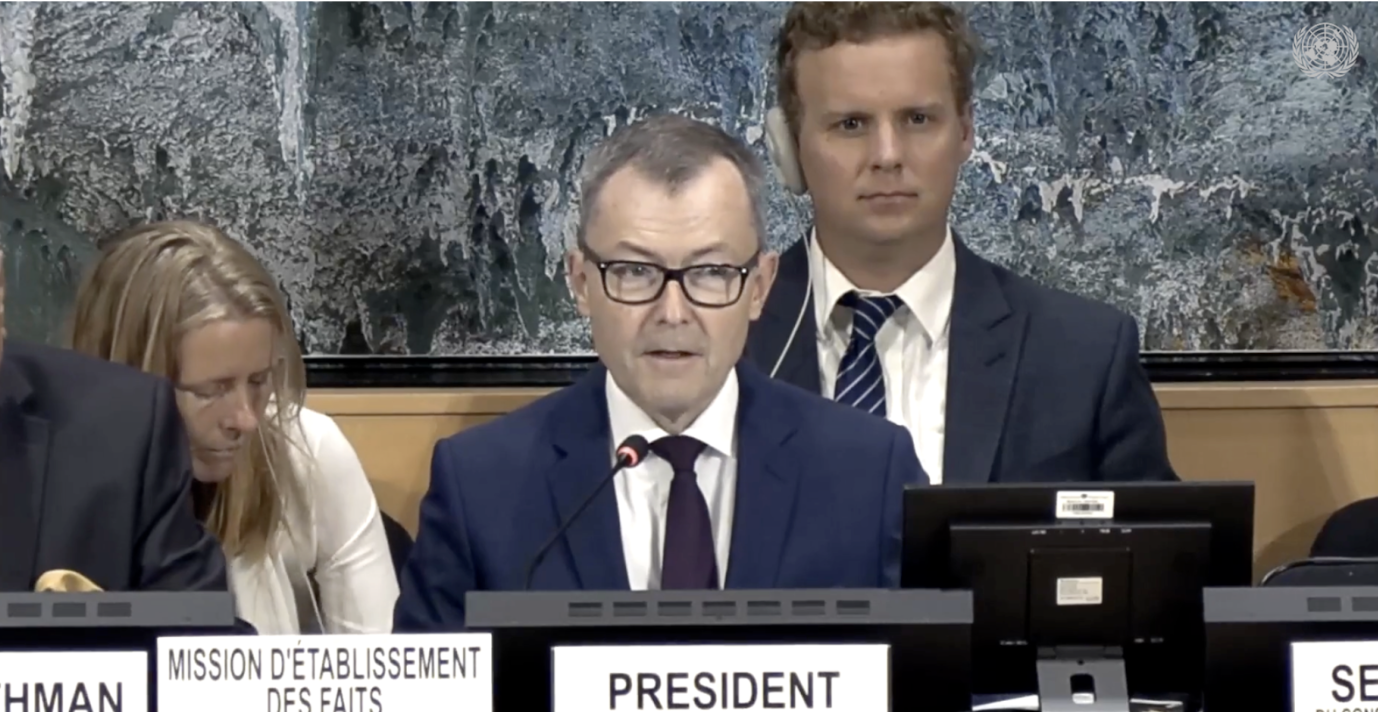
Voices Silenced: Uncovering the Human Rights Emergency in DRC
The 60th Session of the Human Rights Council
08 September - 08 October 2025
Item 2 & 10: Interactive Dialogue Enhanced Interactive Dialogue on the Democratic Republic of Congo
09 September 2025
By Elena Hadad / GICJ
Executive Summary
At the 60th Session of the Human Rights Council, interactive dialogues addressed grave human rights situations in the Democratic Republic of the Congo (DRC). Testimonies highlighted atrocities by armed groups, including M23, ADF, and allegations of Rwandan involvement. The Council heard calls that urged all parties to respect commitments made during the Washington agreement to end the gender based violence, sexual abuse, and repression of human rights defenders.
The Council mandated an independent fact-finding mission in February to investigate the recent escalation of violence in North and South Kivu provinces. The mission aimed to document violations of international human rights and humanitarian law, establish accountability, and provide impartial reporting in the context of widespread propaganda, disinformation, and fear. The FFM found all parties (M23, ADF, Wazalendo, FARDC, and Rwandan Defence Forces/RDF) committed serious violations, many amounting to war crimes and crimes against humanity.
Geneva International Centre for Justice (GICJ) welcomes the Fact-Finding Mission and reiterates its concern over human rights and humanitarian law abuses in the Democratic Republic of the Congo.
Background on the Human Rights Situation in the DRC
In 2024, the human rights situation in the Democratic Republic of the Congo remained grave, particularly in the eastern provinces of Nord-Kivu, Ituri, and South Kivu, where armed conflict persisted. Attacks on civilians continued amid clashes between government forces and armed groups, including M23, the Allied Democratic Forces (ADF), and the Cooperative for Development of the Congo (CODECO). Indiscriminate shelling and targeted attacks killed at least 100 civilians, while government forces carried out extrajudicial executions of approximately 250 people.
Sexual and gender-based violence surged, with tens of thousands of survivors, including girls and women in internally displaced people (IDP) camps, seeking medical assistance. Forced recruitment of children, abductions, and arbitrary detention were widespread. Over 7 million people were internally displaced, living in precarious conditions with limited access to healthcare, education, and essential services.
Authorities continued to impose restrictions on freedom of expression, association, and peaceful assembly, especially in regions under martial law. Activists, opposition members, journalists, and human rights defenders faced arbitrary arrests, unfair trials, torture, and sexual violence in detention. Forced evictions linked to industrial mining projects exacerbated the humanitarian crisis and violated residents’ rights to housing and social services.
Summary of the Fact-Finding Mission Report on the situation in North and South Kivu
The Fact-Finding Mission mandated by the Human Rights Council to investigate the situation in North and South Kivu found that between January and July 2025, all parties to the conflict committed grave violations of human rights and international humanitarian law, many of which may constitute war crimes and crimes against humanity. The M23, backed by Rwanda’s Defence Forces, captured Goma and Bukavu early in the year, establishing parallel governance and using intimidation, executions, forced recruitment, disappearances, and widespread sexual violence to consolidate control.
Hundreds of civilians, including children, were massacred, notably in Rutshuru, while displaced persons were forcibly returned or deported to Rwanda. The Congolese armed forces (FARDC) and allied Wazalendo militias, despite resisting the M23, also committed serious abuses, including sexual violence, pillaging, recruitment of children, and summary executions of civilians accused of collaboration. Heavy weapons were used indiscriminately in populated areas, leading to large-scale civilian casualties, destruction of schools and hospitals, and attacks on displacement camps. Sexual and gender-based violence was widespread, affecting women, girls, men, boys, and LGBT persons, often with devastating physical and psychological consequences compounded by a lack of access to medical care and social support.
The mission concludes that the violations were widespread, systematic, and ongoing, and stresses that Rwanda bears responsibility for its direct support to the M23 while the DRC is accountable for crimes committed by its forces and allied groups. With over half a million newly displaced in 2025 and more than 7.8 million displaced in total, the crisis has reached catastrophic proportions. The report calls for urgent accountability measures, including the establishment of a Commission of Inquiry, effective investigations and prosecutions, reparations and protection for victims, and stronger international engagement to address the root causes and break the cycle of impunity that fuels the conflict.
Interactive Dialogue
Opening Statement
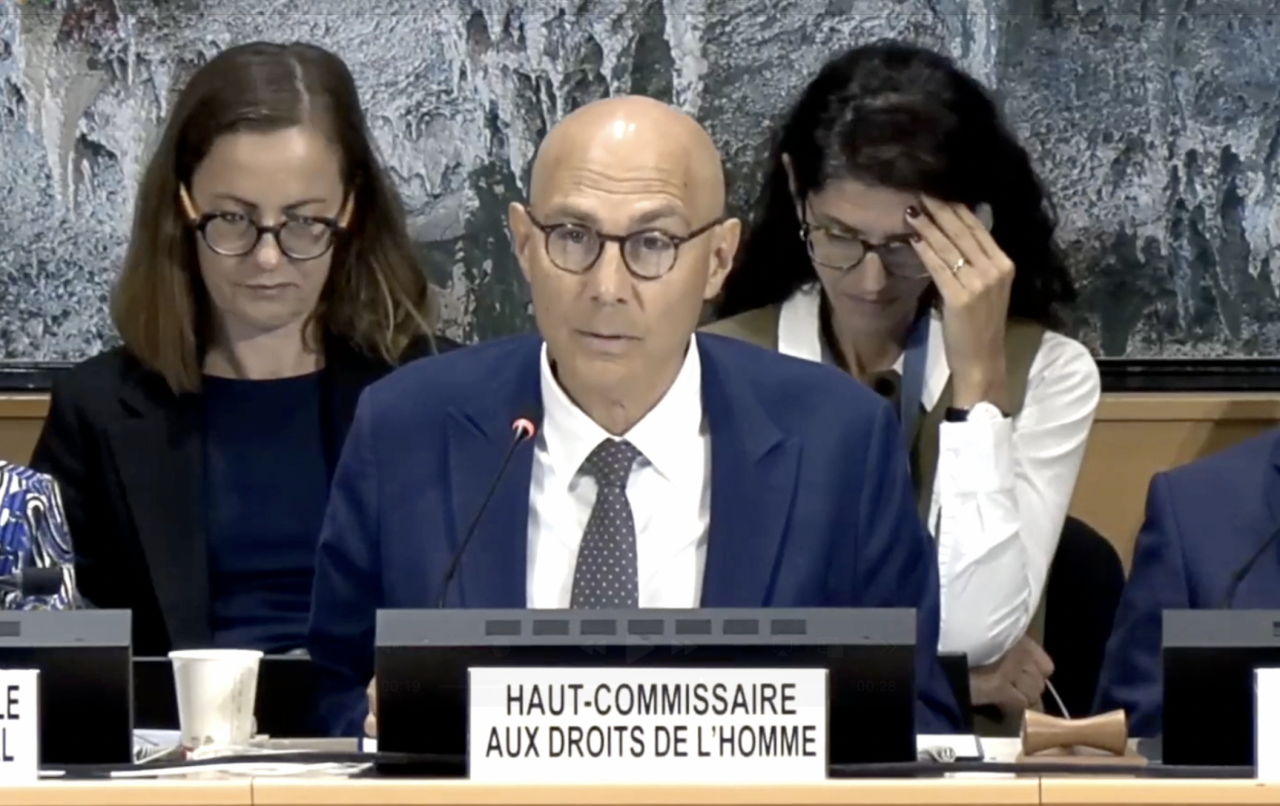
The High Commissioner for Human Rights, Volker Türk, gave the opening statement for the interactive dialogue on 9 September 2025. Türk underscored that the DRC faces one of the world’s most urgent crises, with the fog of war often masking the truth. He stressed the importance of independent monitoring to document violations, establish the truth, and promote justice. He highlighted that all parties involved in the recent violence, armed groups and state forces alike, committed serious human rights and humanitarian law violations. Furthermore, he called for comprehensive support for victims and urgent action to counter hate speech and propaganda fueling further violence.
It was found that the M23 committed acts of torture and ill treatment, including sexual violence against detainees, and certain persons were beaten to death or died of their injuries from asphyxia, hunger, or dehydration. Sexual violence is being used as a weapon of war against women and girls, and is being used on a large scale. Cases were also documented against men and boys. A pattern of sexual violence has been identified by the OHCHR among members of the armed forces from the DRC. DRC must ensure its forces uphold international law, and it must stop any form of support to the Wazalendo.
The High Commissioner urged states to exert maximum pressure on Rwanda and the DRC to ensure the end of support to armed groups known to have committed serious human rights abuses. This council must consider a change to ensure the council and the international community take action to put an end to violence, protect victims, and guarantee justice.
Statement of Countries Concerned
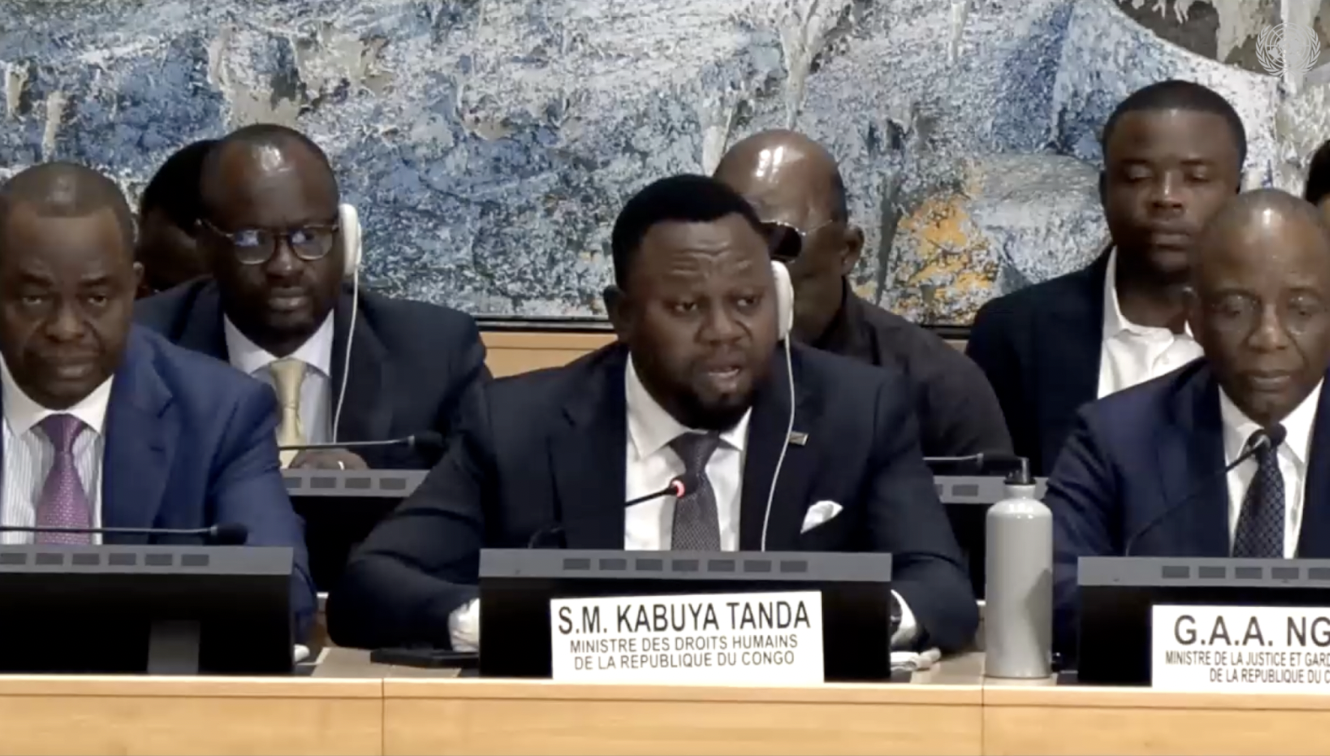
The Minister for Human Rights of the Democratic Republic of the Congo welcomed the High Commissioner’s fact-finding mission report but underlined that the High Commissioner, based on his own team's findings, has termed the situation a genocide. He stressed that Rwanda and its proxies, the M23 and AFC, are committing systematic crimes in the DRC, including massacres of civilians, forced displacement, sexual violence, child recruitment, and attacks on schools and hospitals. He recalled the July 2025 massacre in Rutshuru, where nearly 300 Congolese civilians were killed, with Human Rights Watch documenting at least 140 victims, describing this as evidence of ethnic cleansing and the seeds of genocide under international law. He reiterated the DRC Government’s commitment to monitor and address all human rights violations, and he urged the Council to act urgently by ensuring the independent Commission of Inquiry is fully established through the appointment of investigators so that accountability is achieved, impunity is ended, and justice is delivered to victims of this human tragedy.
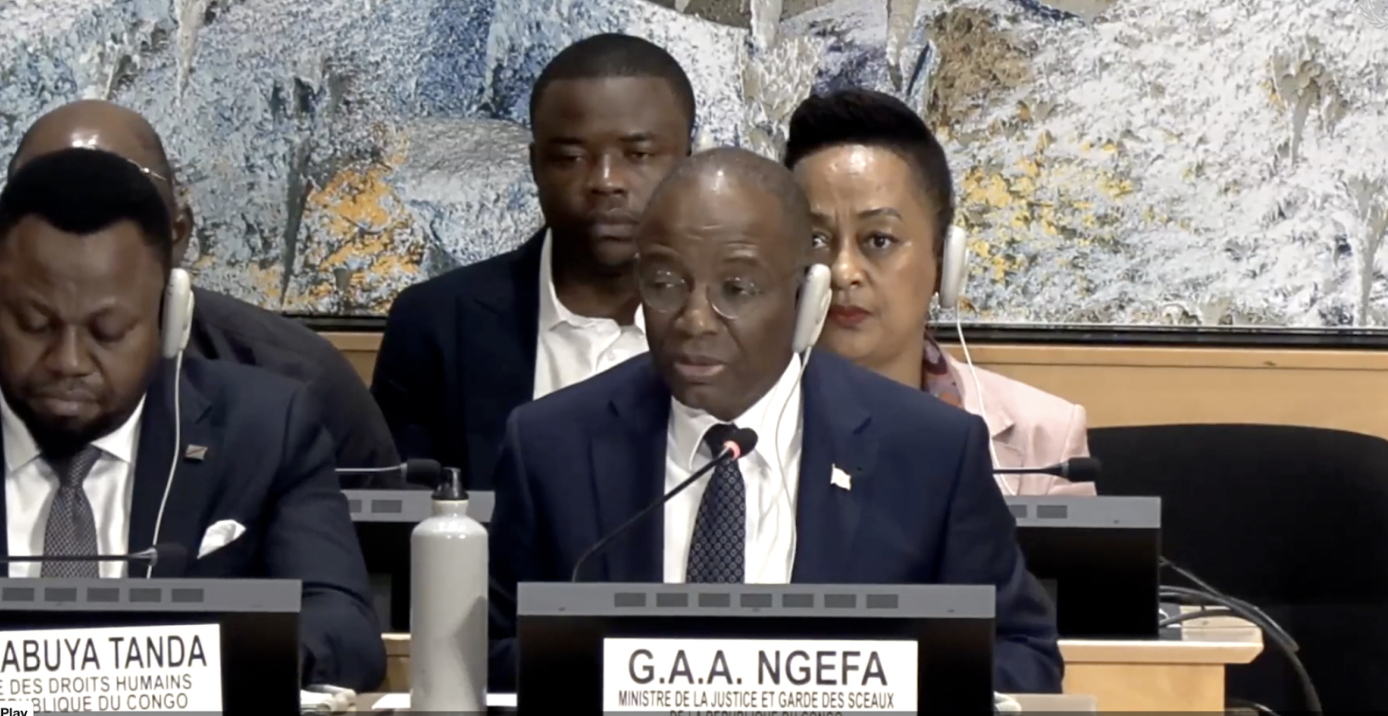
The Minister of Justice of the DRC thanked the UN High Commissioner for Human Rights for the quality of the report and affirmed the government’s commitment to seriously addressing the concerns it raises through interactive dialogue with counsel. The report confirms that the conflict in the eastern part of the country is an international armed conflict, with verified involvement of Rwandan troops, demonstrating that it is not an internal conflict, but one driven by external aggression. Rwanda’s support for M23/ARC is fueling the crisis. The Minister emphasized that the extent of human rights violations and breaches of international humanitarian law will be detailed by the Minister of Human Rights.
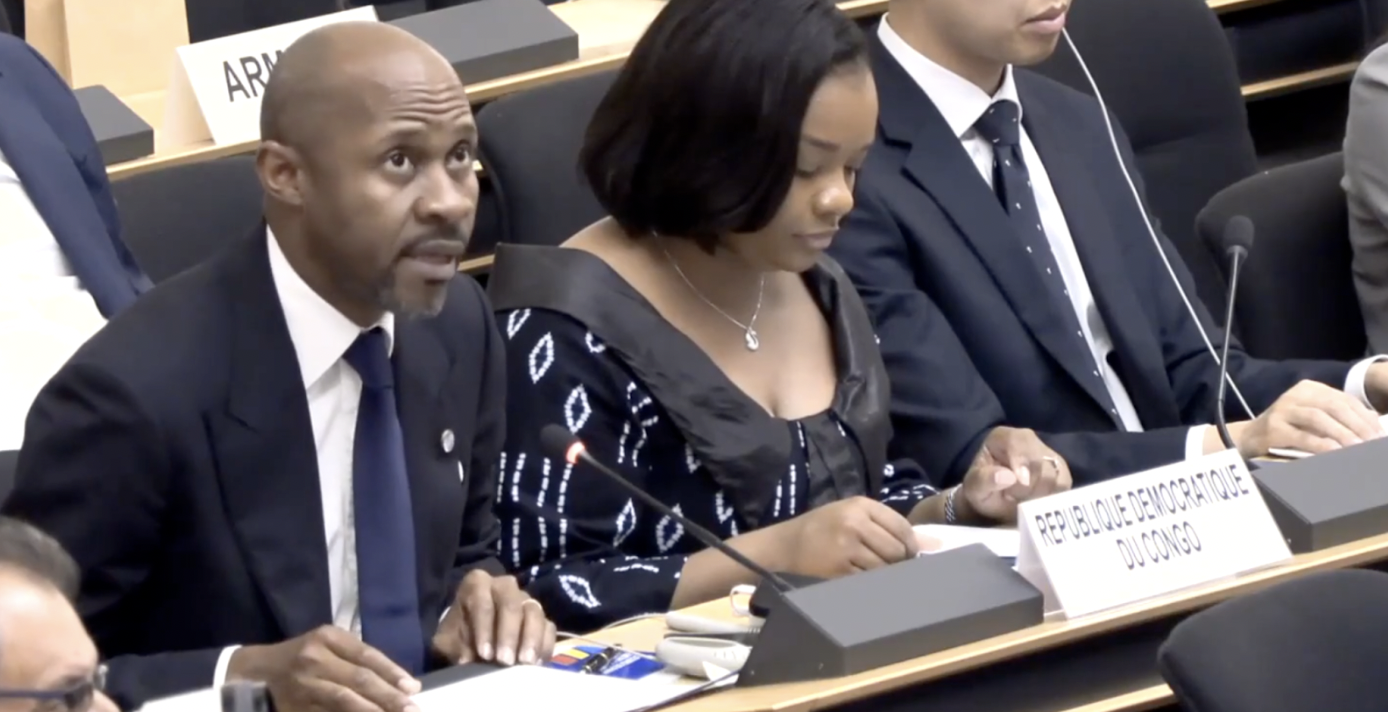
The Minister for Communications of the Democratic Republic of the Congo reaffirmed that the Congolese armed forces are a republican force bound by international law and not linked in any way to the FDLR, stressing that strict instructions from the President and the army prohibit collusion, with disciplinary and criminal measures applied against any suspect. He underlined the commitment of the Government to uphold republican values and pursue accountability, rejecting attempts to equate the national army, which defends the sovereignty of the country, with the armed forces of neighbouring states that, according to him, commit crimes and exploit Congolese resources through proxies. He recalled the creation of the Armed Defence Reserve to provide a structured framework for mobilised forces. Expressing gratitude to the international team of experts, he emphasised that the focus must now be on the effective implementation of the independent Commission of Inquiry as the only path to break the cycle of impunity and deliver justice to victims. He concluded by calling for urgent action to recognise the scale of the human tragedy in the DRC, establish the truth, and hold perpetrators accountable.
Statements of UN experts
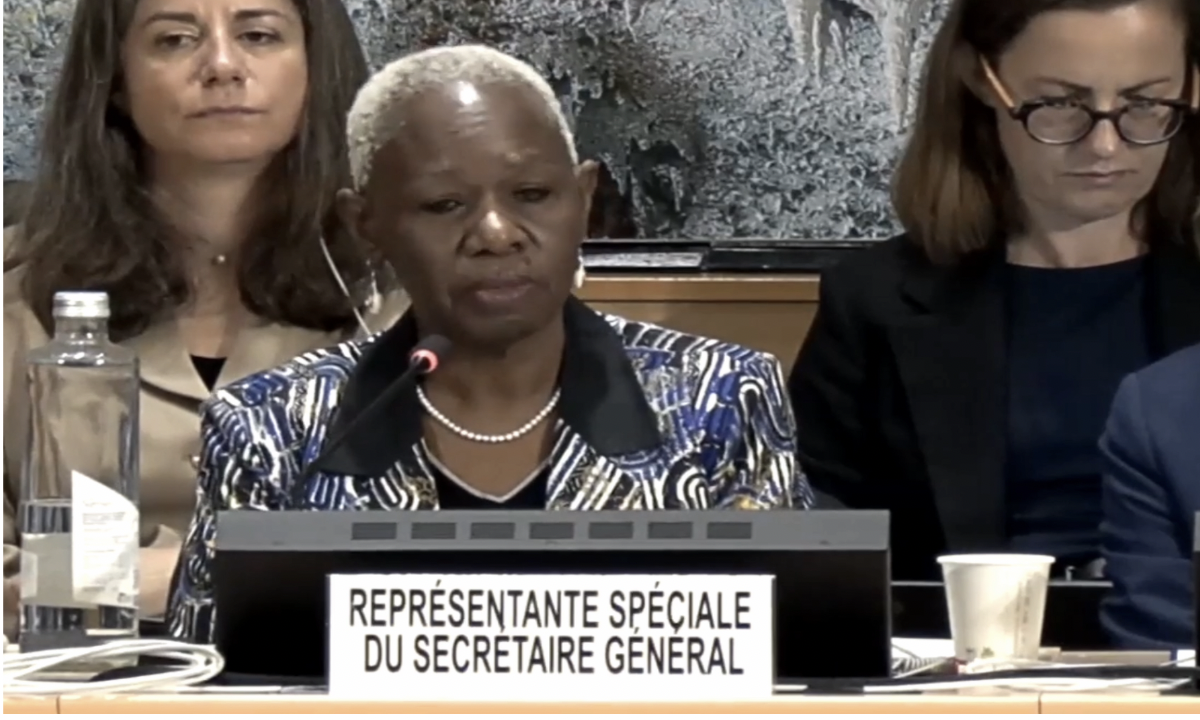
Bintou Keita, the Special Representative of the Secretary-General in the DRC, paid tribute to the Congolese people and underlined the need to ensure that justice prevails for the grave violations they continue to endure. She drew attention to the devastating human consequences of the conflict, with a particular focus on the widespread use of sexual violence, and stressed that adequate resources must be made available to provide holistic support to survivors. She further emphasised that human rights considerations must be fully integrated into peace processes if these are to be sustainable. Referring to the findings already presented, she insisted on the urgent need to allocate sufficient resources to operationalise the independent fact-finding and accountability mechanisms, so that the truth can be established and perpetrators held to account.
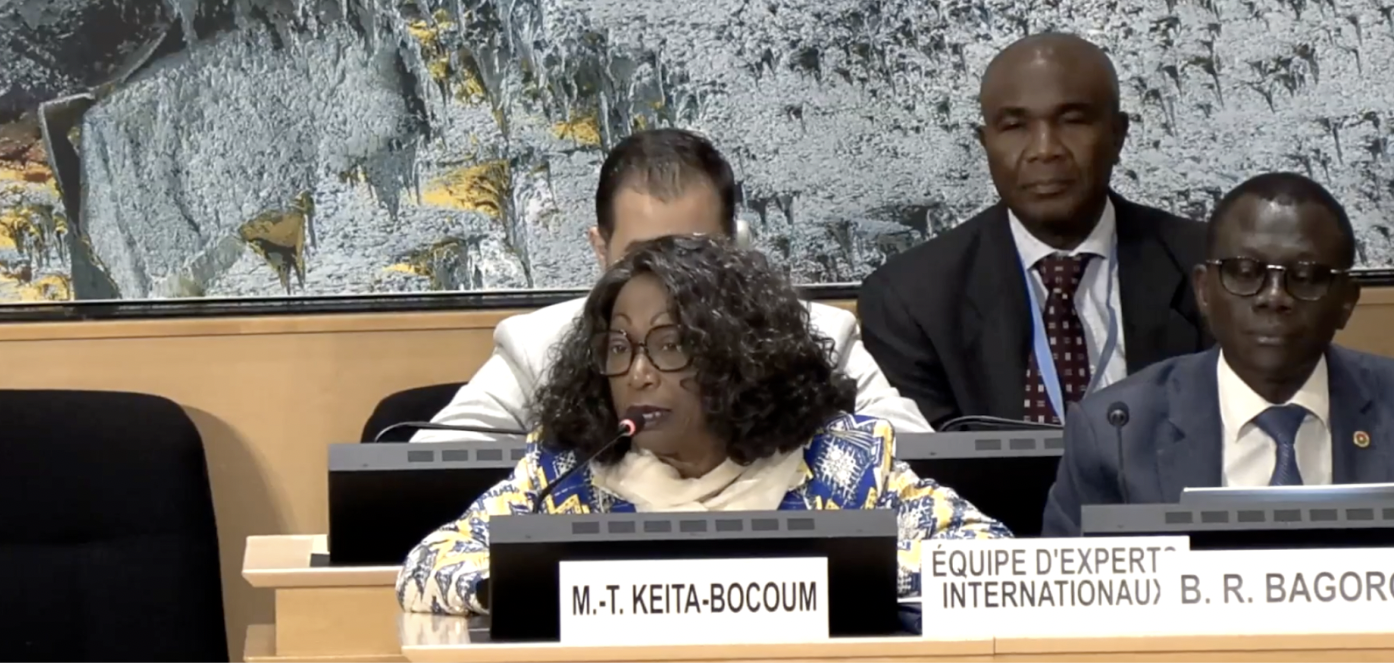
Marie-Thérèse Keita-Bocoum, Independent Expert on the situation of human rights in the Central African Republic, reported that she had conducted three visits to the Democratic Republic of the Congo, made possible by the cooperation of the Congolese authorities, to whom she expressed gratitude, along with appreciation for the support of OHCHR, MONUSCO, and other UN structures. She observed the continued expansion of the M23, the Wazalendo, and the AFC in North and South Kivu, which has further aggravated the conflict. She highlighted that the UN Secretariat is facing financial constraints that have limited the capacity to fully discharge its mandate. On accountability, she welcomed efforts to combat impunity, noting the recruitment of 2,500 judges as part of a larger plan to recruit 5,000, but raised concerns about delays in judicial proceedings and the risk this poses for reconciliation and lasting peace. She deplored threats against judicial officials, human rights defenders, victims, witnesses, journalists, and traditional leaders. She also described the humanitarian situation as worsening and urged all parties to the conflict to respect human rights and humanitarian law, particularly the protection of women and children. Finally, she called on the government to strengthen protection measures for judicial personnel and others at risk, warning that failure to do so could undermine prospects for a durable peace.
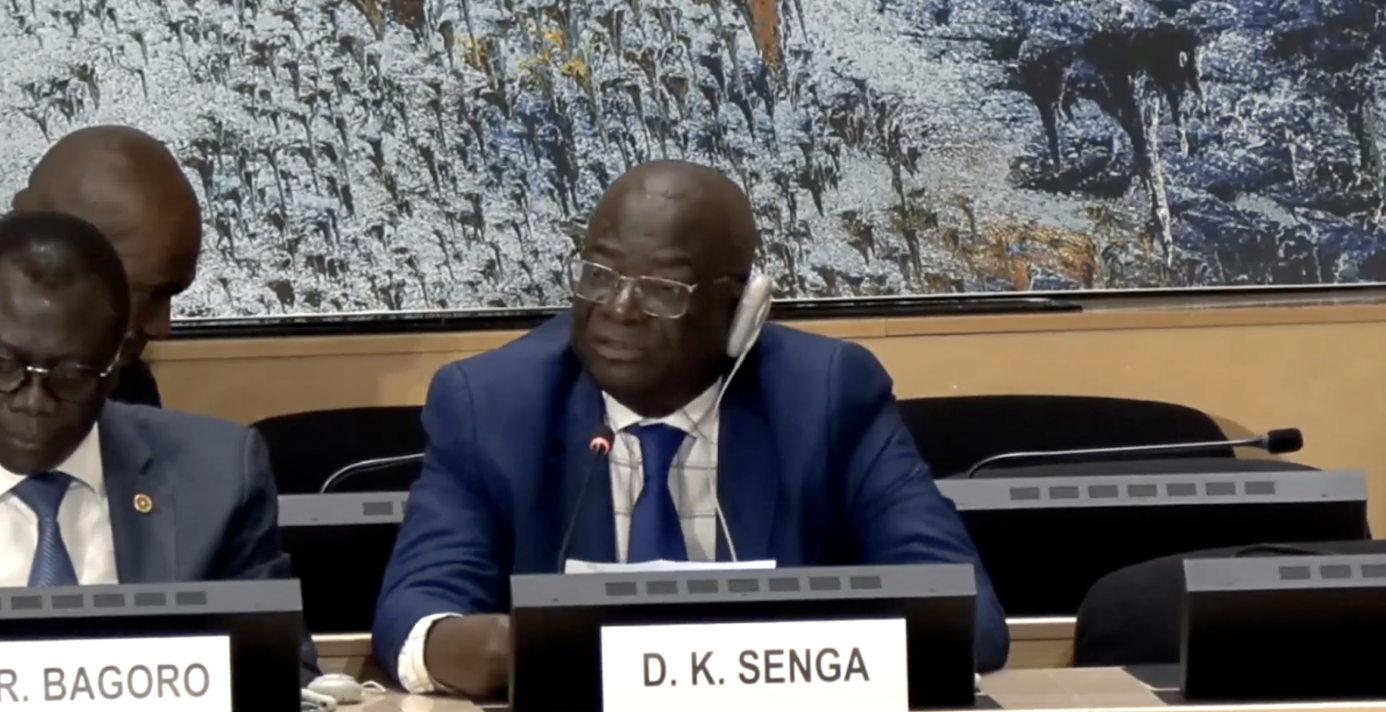
DK Senga, a panelist during the meeting, highlights the severe human rights crisis in the Democratic Republic of Congo (DRC), exacerbated by the Rwandan army and ongoing internal conflicts. Civilians, particularly young people, women, and girls, face widespread violence, including sexual assault, targeted attacks on politicians and journalists, and assaults on civilian infrastructure, potentially constituting war crimes. Both the DRC armed forces and Wazalendo forces are accused of committing atrocities without sufficient protection for civilians. Human rights violations extend to prisoners, with a lack of fair trials, restricted access to custody facilities, and the reinstatement of the death penalty. Civil society intelligence officers and the justice system also abuse their power. Despite these challenges, the creation of a special fund has renewed hope for victims and witnesses, and such initiatives should be supported as part of comprehensive transitional justice.
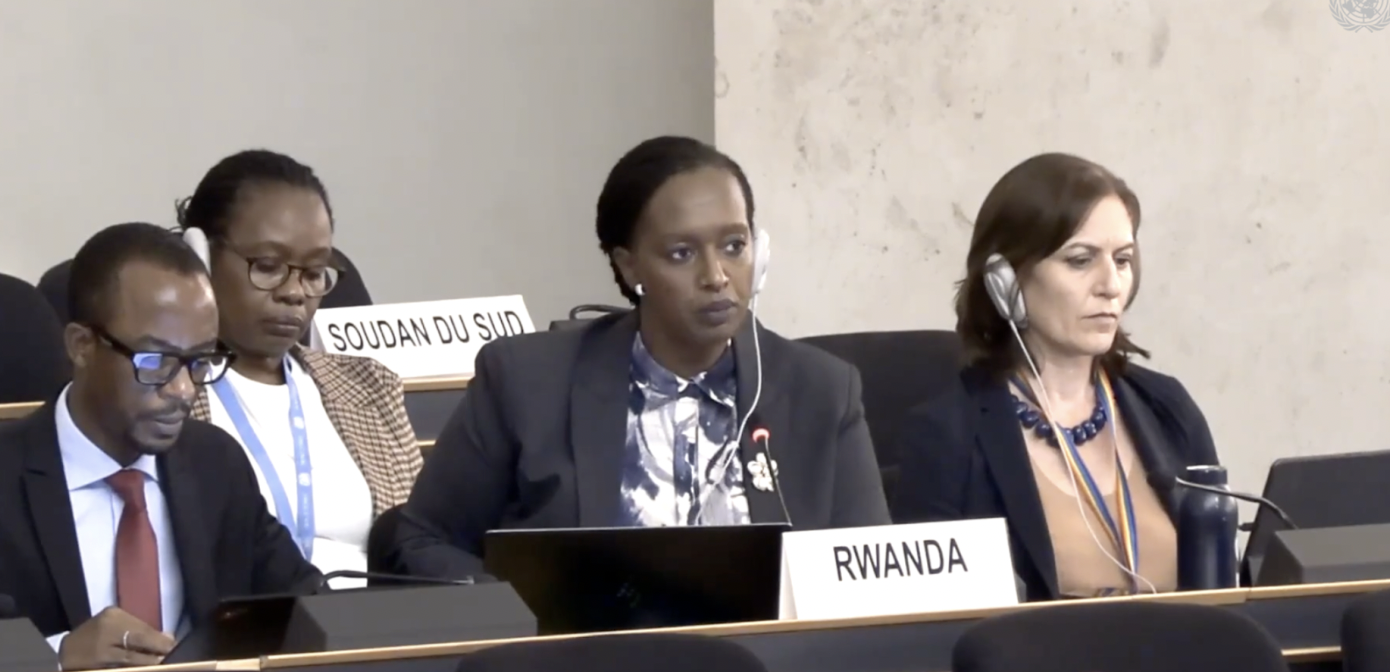
The Delegate of Rwanda strongly rejected allegations made against it during the Council session. It clarified that it was accused, directly or indirectly, of genocide, a “red line” that it would not tolerate being mentioned without evidence, and requested the President to address this. Rwanda emphasized that grave allegations must be backed by verifiable evidence, criticizing what it sees as politicized and selective reporting that unfairly vilifies Rwanda. It firmly denied directing or supporting M23 or any other armed group, and rejected responsibility for events in Rutshuru (July 2025), arguing that phone records and satellite images are insufficient proof.
Rwanda urged the Council to treat the situation as an early-warning priority but stressed that “context matters.” Rwanda rejected all recommendations directed at it and expressed concern that its point of order on the genocide allegation was ignored by the President. It concluded that accountability must rest on objective, verified evidence, not biased or selective reporting.
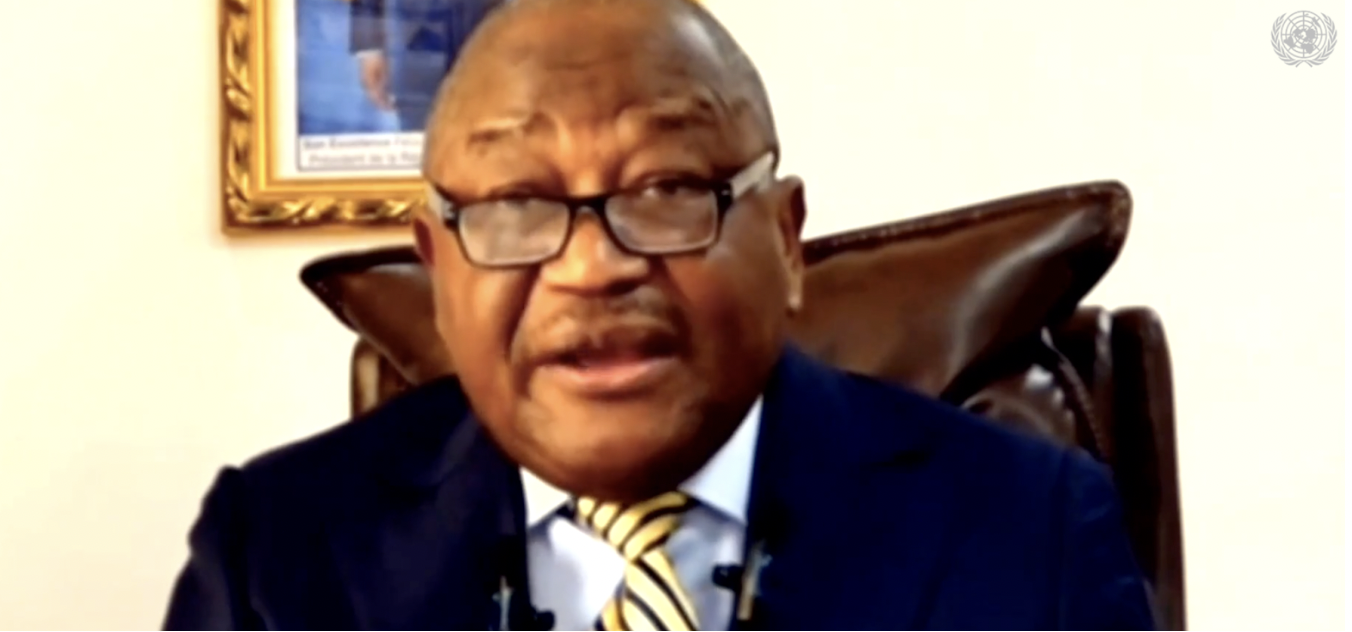
The Chair of the National Human Rights Mission of the DRC issued an urgent appeal for collective solidarity in eastern DRC, where millions face daily atrocities, including burned villages, rape, forced child recruitment, and massacres. These crimes, carried out by armed groups with foreign backing, particularly AFC/M23 with documented links to Rwanda, amount to war crimes, crimes against humanity, and grave breaches of humanitarian law. Data shows that 61% of violations concern civil and political rights, especially the right to life and freedom. He urged the council to firmly condemn these violations and any foreign support to armed groups, make the inquiry mission on human rights violations effective, support transitional justice, reparations for victims, and prosecution of perpetrators, and ensure implementation of UN Security Council Resolution 2773 and the Washington and Doha peace agreements
Country and Groups statements
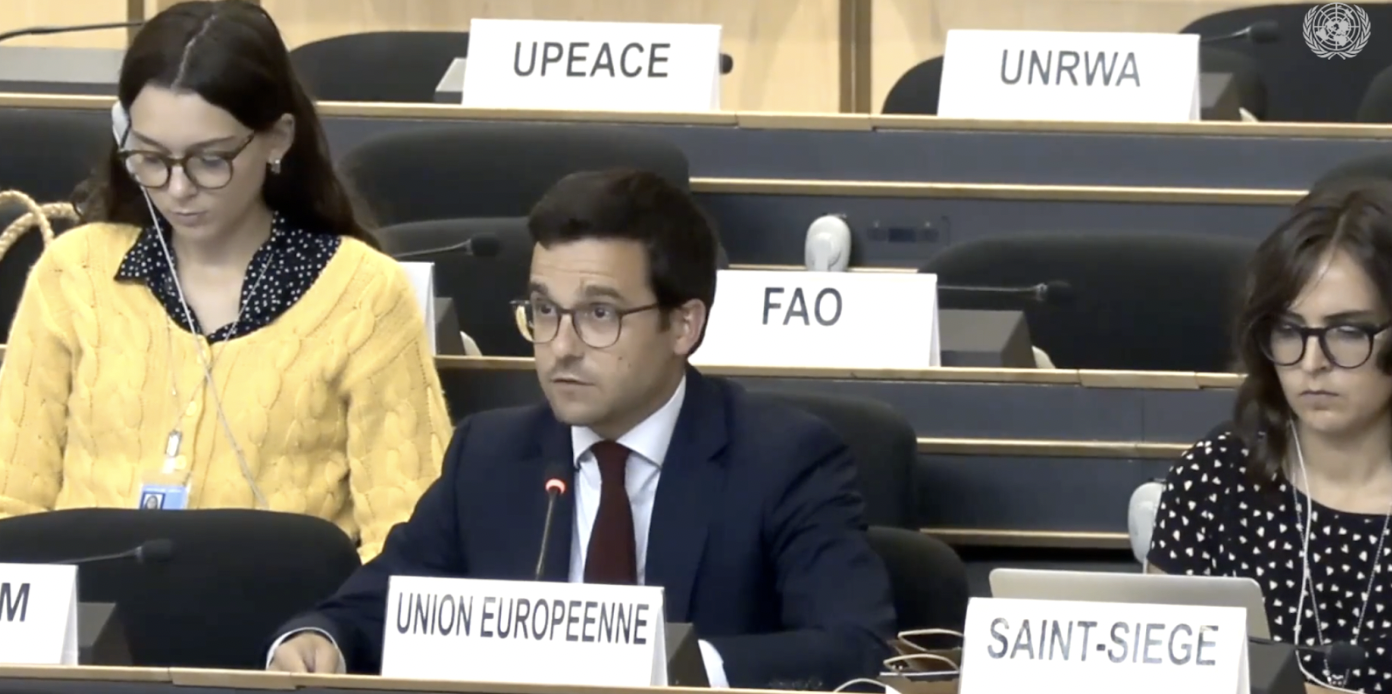
The European Union expressed deep alarm over the dramatic escalation of violence in eastern DRC and the widespread human rights violations documented by the Fact-Finding Mission. It commended the technical assistance provided in forensic medicine and condemned targeted attacks by all parties. The EU also urged that OHCHR be adequately funded to fulfil its mandate and questioned to what extent OHCHR can continue receiving and storing relevant information until a commission of inquiry becomes operational.
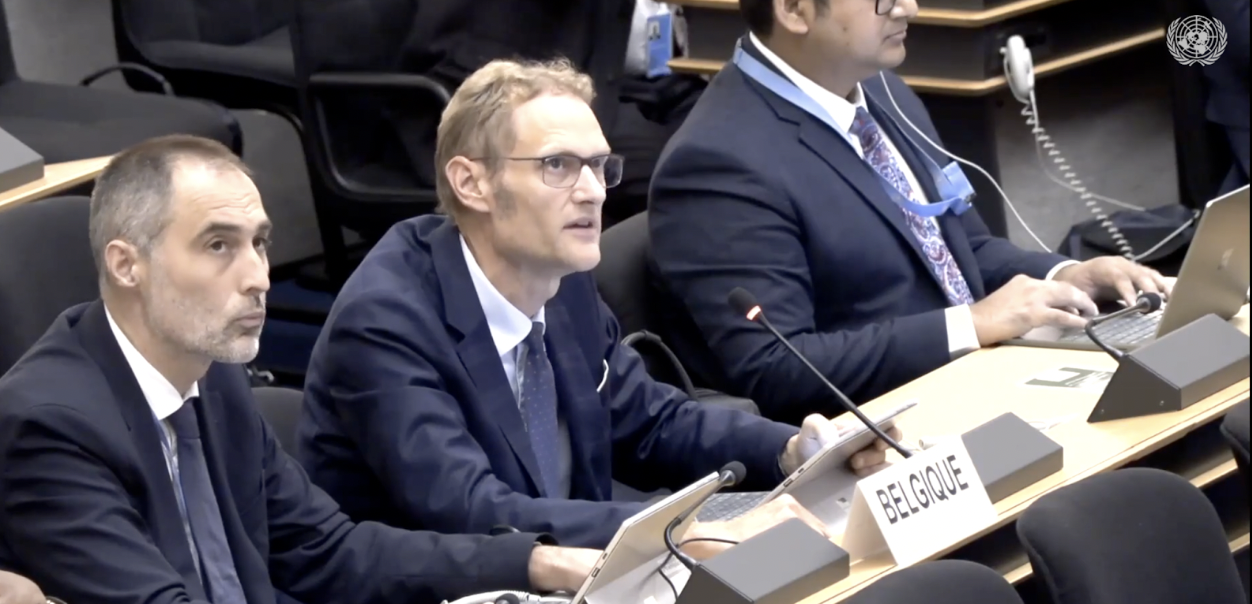
The delegation of Belgium condemned ongoing human rights violations and abuses in the DRC, expressing alarm at the resurgence of gender-based violence and the forced recruitment of children. They stressed that the violent targeting of civil society must stop. Belgium underlined the essential role of the Fact-Finding Mission and the Commission of Inquiry in addressing alleged violations, voiced concern over increasing impediments to their work, and called on governments to intensify efforts to combat impunity.
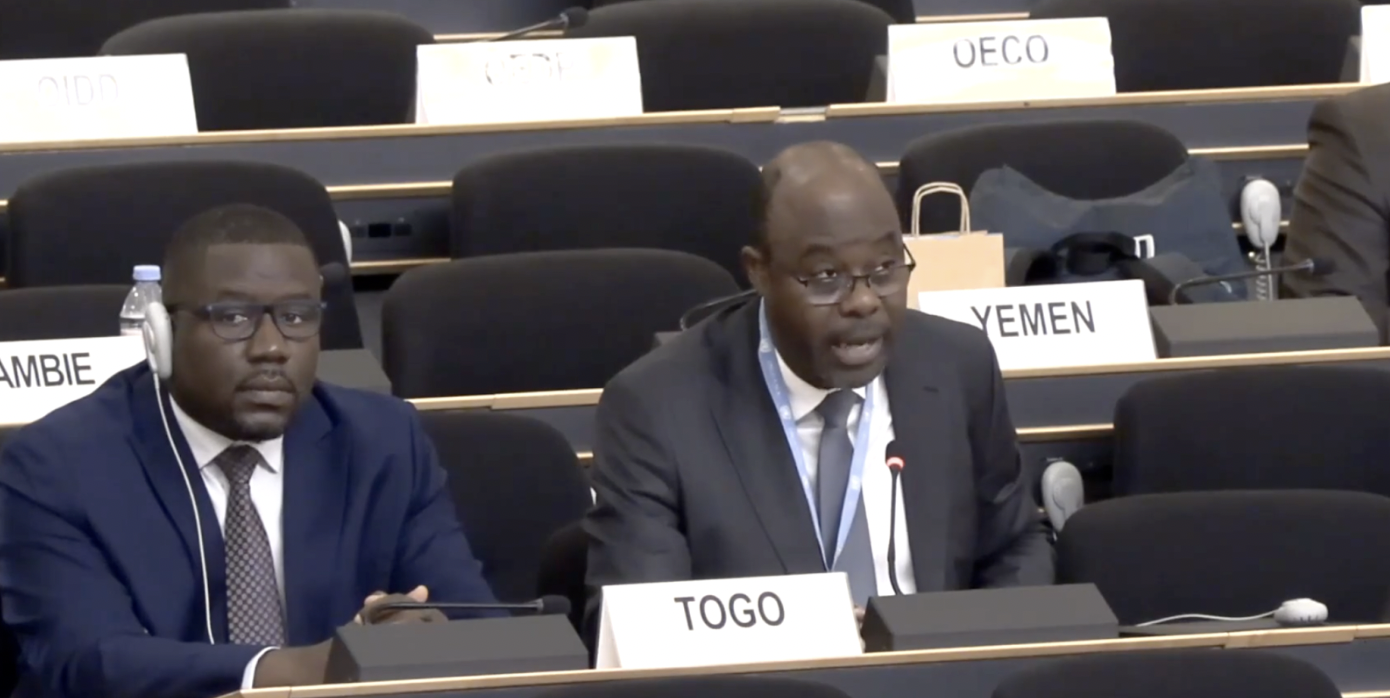
The delegation of Togo took note of the Fact-Finding Mission’s report, recognizing the gravity and urgency of the situation it outlines. It welcomed the recommendation to support mediation efforts and expressed support for ongoing talks under the Washington Peace Accord.
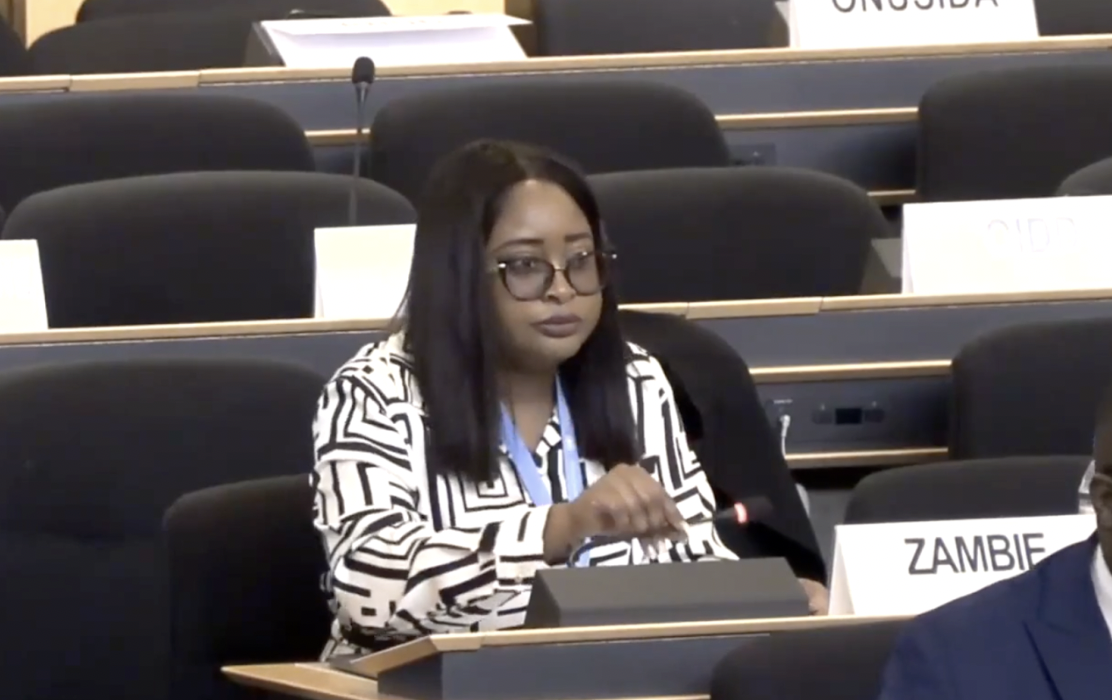
The delegation of Zambia expressed solidarity with the government and people of the DRC, recognizing the serious challenges they face. It commended efforts at both regional and international levels to address the crisis, noted that Zambia continues to host thousands of Congolese civilians, and reaffirmed its commitment to supporting peace and stabilization efforts.
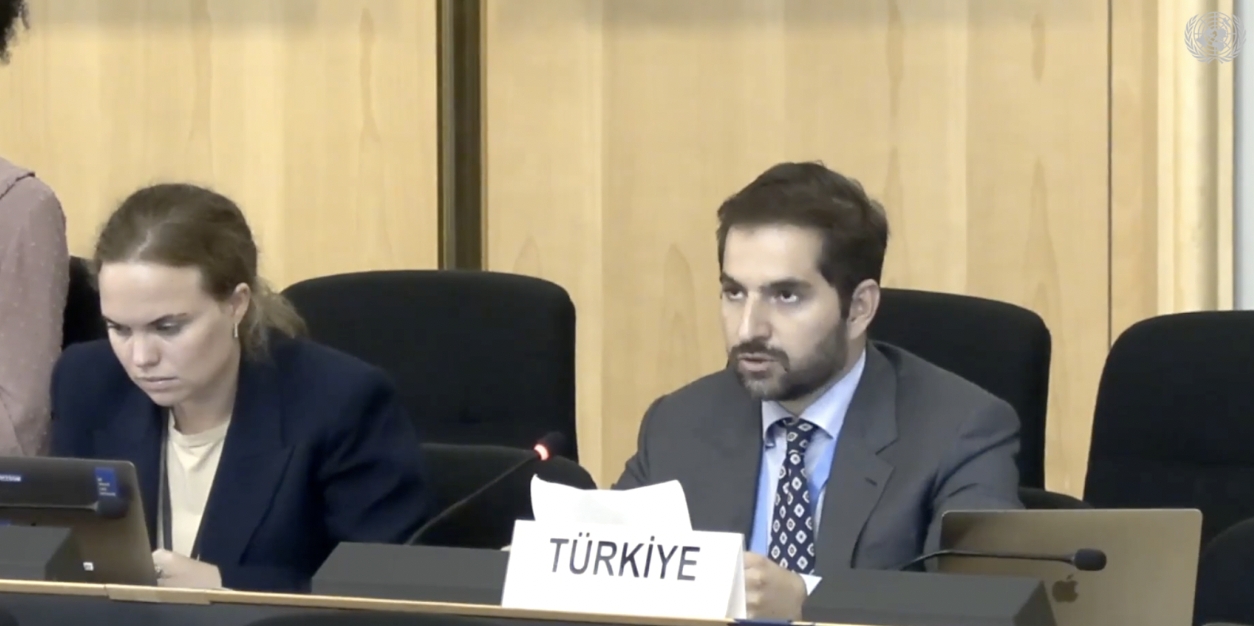
The delegation of Turkey underlined its strong commitment to the DRC, commended ongoing efforts to end violations, and stressed that it stands ready to support any initiative aimed at ending the abuses.
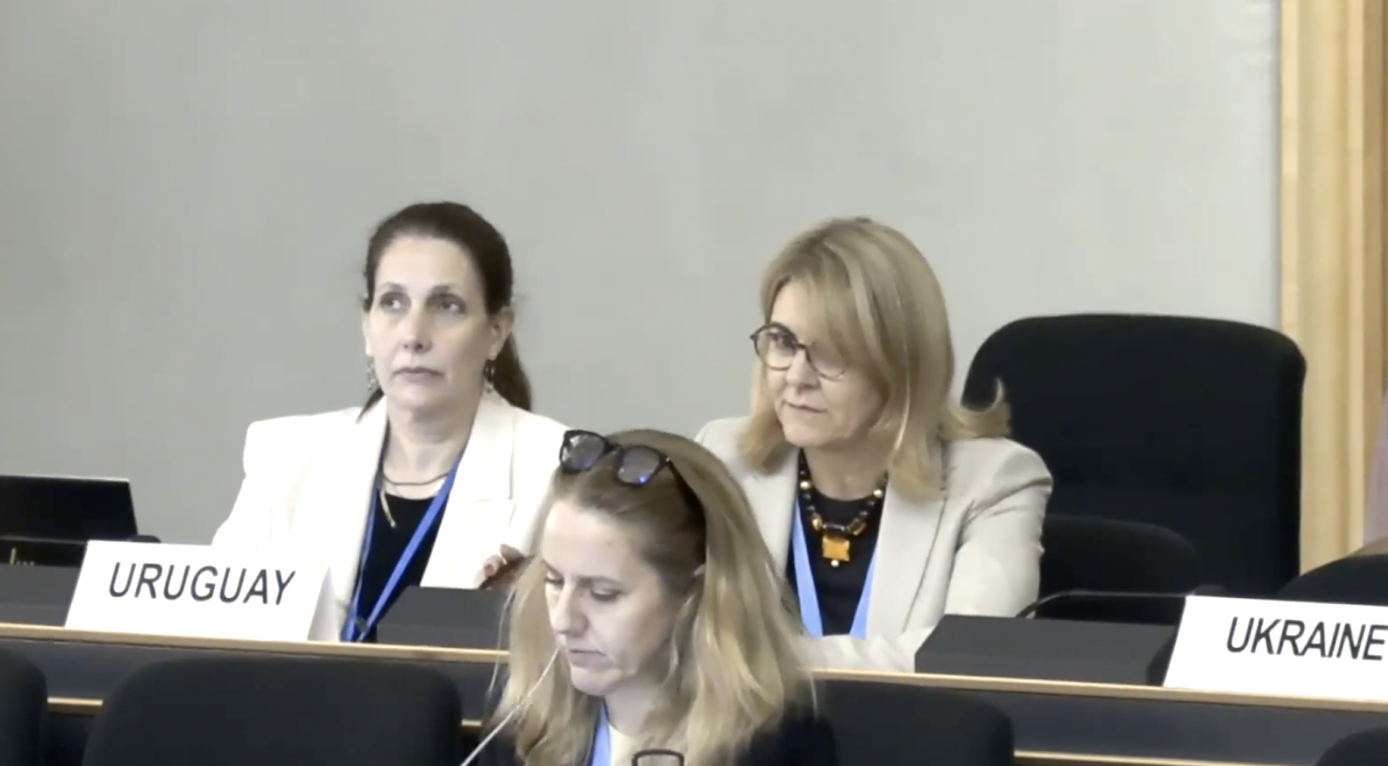
The delegation of Uruguay expressed concern over the grave crisis surrounding civilian protection, which has severely worsened the human rights situation in the DRC. It condemned abuses against women and children as acts of utmost savagery and issued an urgent call for all stakeholders to uphold their responsibilities. Uruguay reaffirmed its commitment to peacebuilding and multilateral cooperation.
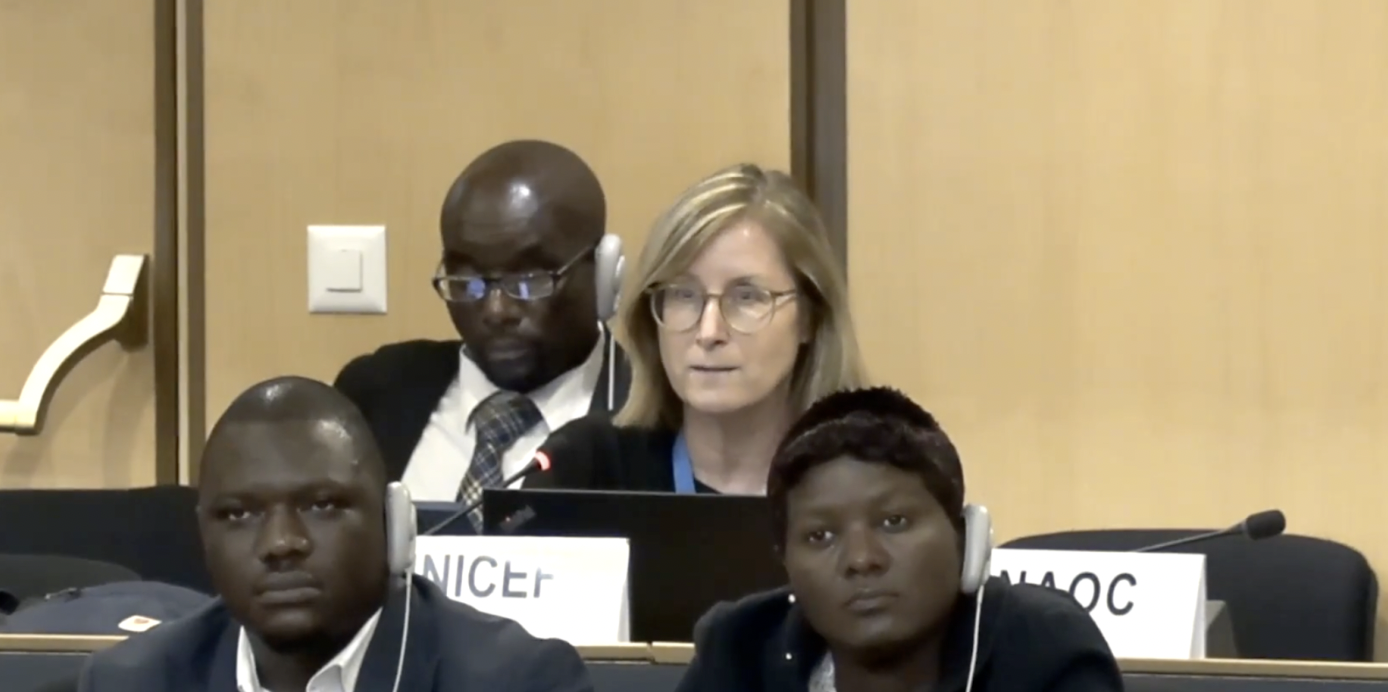
UNICEF voiced concern over the grave violations of children’s rights in the DRC, noting that the country has among the highest rates of child abuse in the world. It welcomed efforts undertaken by the DRC government to address these challenges.
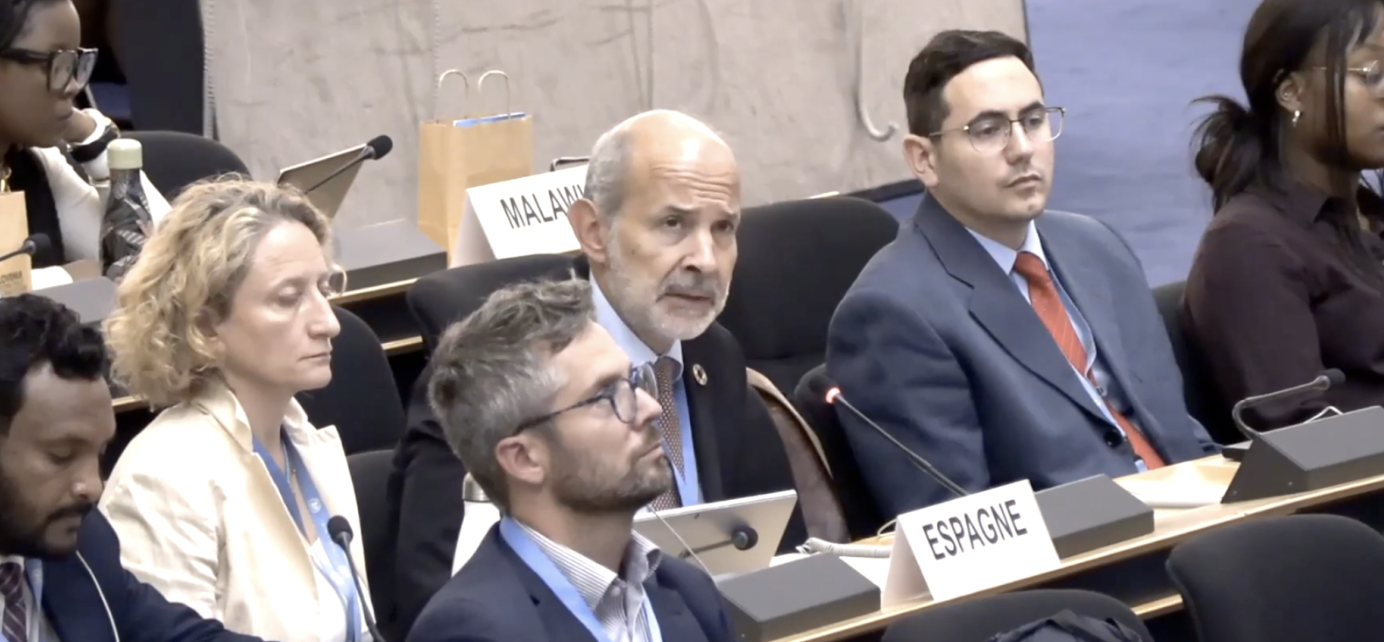
The delegation of Spain endorsed the EU statement, expressing deep disturbance at the deteriorating humanitarian situation in eastern DRC, particularly in North Kivu and Ituri, and condemning widespread human rights violations, including torture, child recruitment, and civilian displacement. It called on the DRC to provide an enabling environment for human rights defenders and emphasized the importance of adhering to the declaration of principles in the peace agreement. They also stressed focusing on victims' accountability.
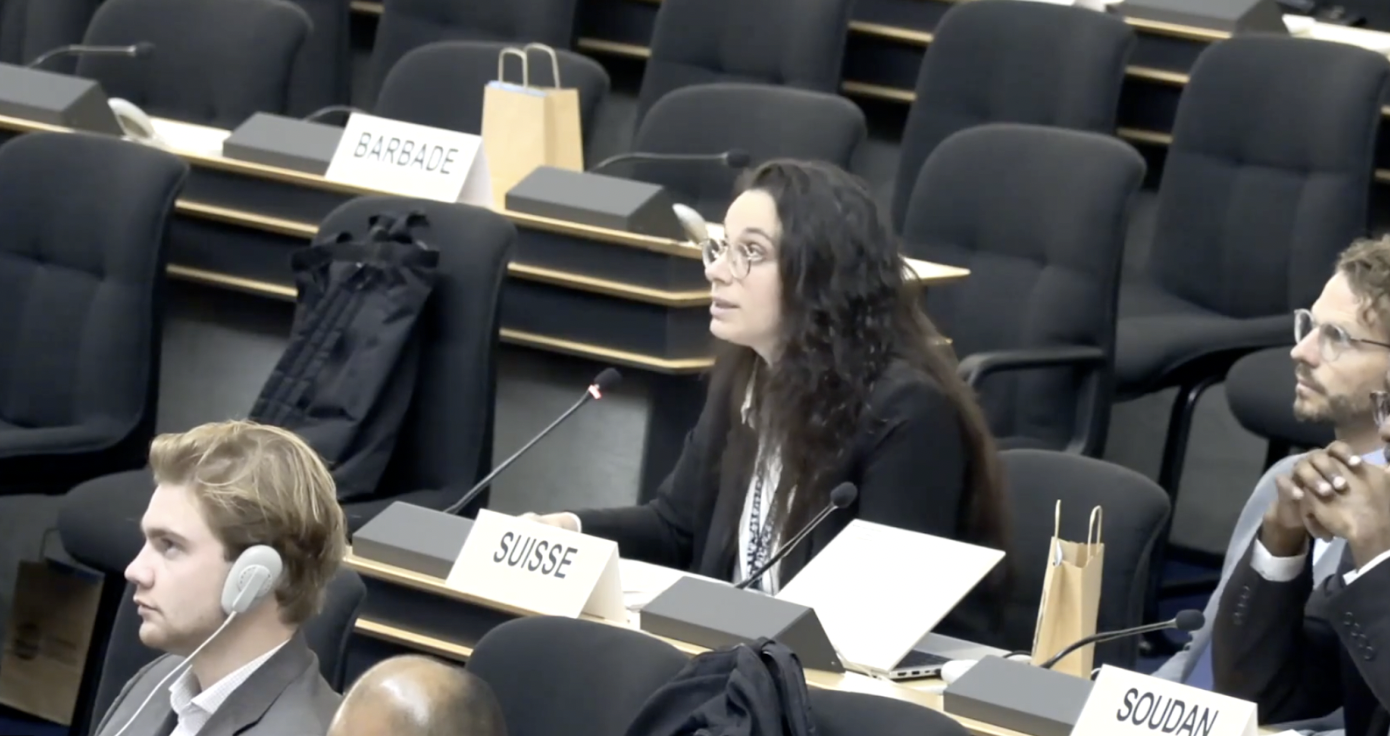
The delegation of Switzerland expressed concern over sexual and gender-based violence, emphasized the need to guarantee freedoms for human rights defenders and expression, urged swift implementation of agreements, and affirmed readiness to support the parties in these processes.
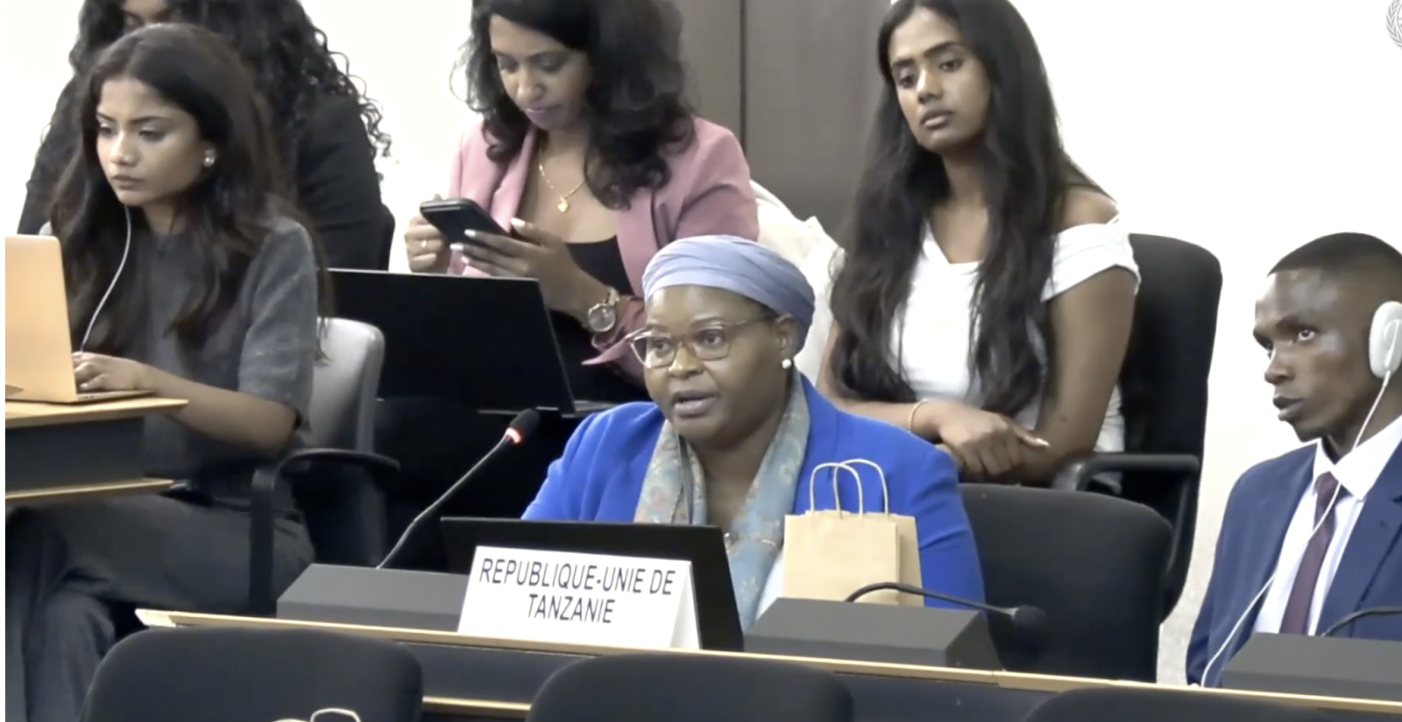
Tanzania reaffirmed its commitment to peaceful conflict resolution, welcomed the decision adopted at the 45th Audiovisual Summit of Heads of State, and emphasized the need to harmonize African-led processes, including the Washington Accord. It urged the international community to continue supporting efforts to end the conflict in eastern DRC and stressed the importance of engagement by the concerned parties.
Statements by NGOs and Civil Society
Civil society voices warned that atrocities are becoming systemic and deliberate, urging the Council to operationalise the Commission of Inquiry, lift bureaucratic obstructions, and ensure humanitarian access in areas under siege. Grave concern was also expressed about the increase in child recruitment, where they are subject to forced labour and used as combat messengers or spies.
Concluding Remarks
In their concluding remarks, several speakers addressed the human rights situation in the Democratic Republic of the Congo (DRC). The panelists welcomed the support of the international community and emphasized the importance of integrating human rights into the Washington and Doha agreements. He urged the international community to provide the means necessary to operationalize the fact-finding mission on the human rights situation in eastern DRC. Binto Kayta, Special Representative of the Secretary-General in the DRC, paid tribute to the DRC and stressed the need to ensure that justice prevails, highlighting the grave human consequences of the conflict, especially sexual violence. She called for adequate resources to provide holistic support to victims and emphasized the importance of integrating human rights concerns into ongoing peace processes. She further underlined that sufficient resources must be allocated to allow an independent fact-finding mission to function effectively. The Minister of Human Rights confirmed the government’s commitment to protecting fundamental rights across the country, including for journalists, women, children, and Indigenous peoples, while also advancing transitional justice mechanisms. Finally, the Rwandan delegation rejected the accusations against Rwanda, calling them a denial of the apparent truth presented in reports that point to Rwanda’s role as an aggressor. They dismissed claims of Rwandan presence in the DRC and argued instead that Rwanda’s intentions have been mischaracterized through references to M23 brigades, reiterating that Rwanda remains committed to protecting civilian populations.
Position of Geneva International Centre for Justice (GICJ)
Geneva International Centre for Justice (GICJ) expresses grave concern over the escalating humanitarian crisis in the DRC. GICJ echoes calls for urgent and decisive action by the international community to extend and reinforce investigative mandates, hold perpetrators accountable, and provide immediate protection and support to victims. GICJ condemns the systematic sexual violence, mass abductions, forced displacement, and attacks on civilians and infrastructure documented by the UN and highlighted during the 60th Human Rights Council session.




